One’s destination is never a place, but a new way of seeing things
Henry Miller
We become digital nomads and travel for all kinds of reasons. But most travelers can agree that one of the greatest gifts of travel is learning from other countries, cultures, and people. Seeing different ways of doing things and meeting the people that do them.
We sometimes take these gifts for granted. We might forget for a moment how incredibly lucky we are to be here. To have the passport that lets us magically cross borders and to have the financial resources to make it happen. We might stop to ask for directions from a kind stranger, forgetting that in our home cities we’re often too “busy” when strangers look at us imploringly for help.
So don’t be that guy/girl. Don’t take your journey for granted. Show respect to the countries, the cultures, the people you meet along the way. Whether you’re a new backpacker or a seasoned nomad, here are a few tips for how to be a conscientious traveler and a responsible nomad.
Do some research
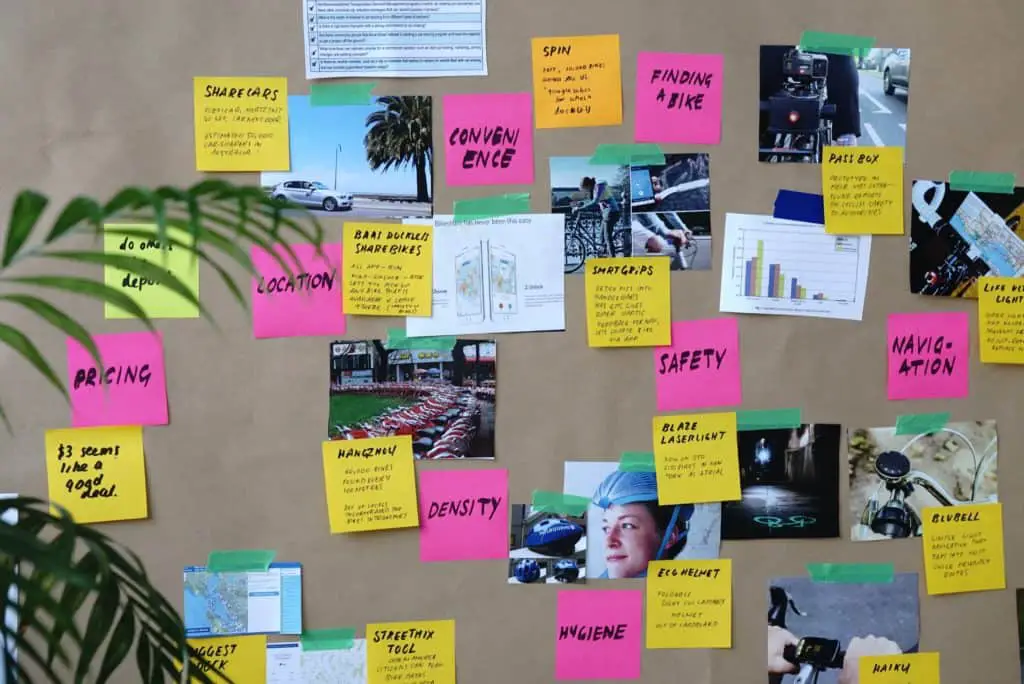
Before you enter a country, freaking Google it. Of course I know you’re looking up the practical info you’ll need – visa requirements, health stuff (do you need proof of a yellow fever vaccine for entry? Should you be taking Malaria pills?), how are you going to get from the airport to where you’re going, can you drink the water, etc.
Make sure you also read about the local laws and security alerts (can you be arrested for watching porn, or kissing someone in public? Is it illegal to drive a scooter without a motorcycle license and an international driving permit?). You are responsible for following the laws of the country that you’re in. So if you don’t want to risk jail, there’s a simple solution: read before you fly/bus/boat.
Learn more than just what you need to know. Find out a little about the history, culture, and religion of the country you’re going to. This will also help you think about anything special you might need to pack to be culturally appropriate.
Take a look at the latest headlines for where you’re going. This is a great way to get an idea for what the climate will be like (and I don’t mean the temperature), any hot button issues you should maybe avoid—and it will give you some good ideas for striking up conversations with locals.
Know thyself
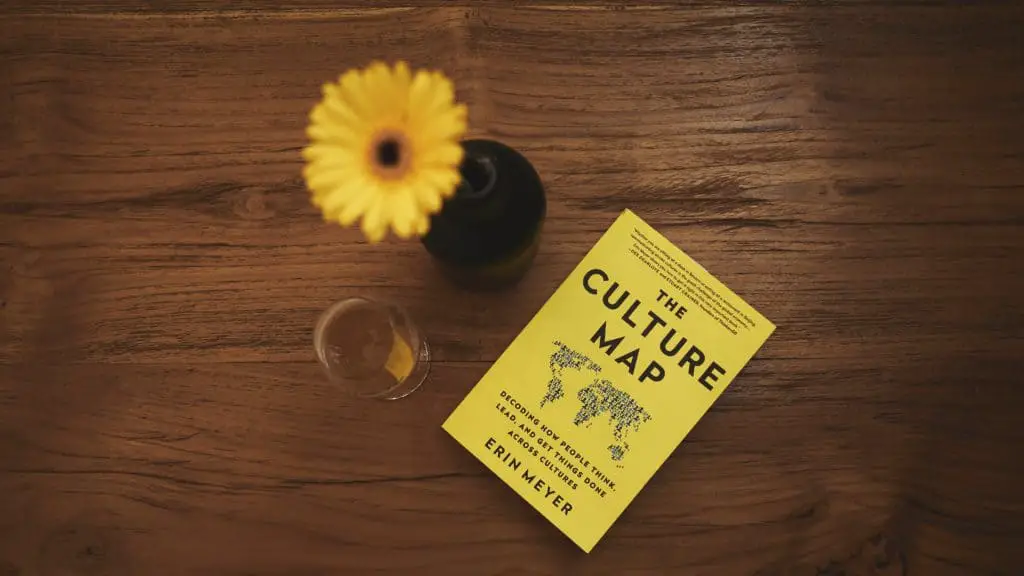
When interacting with people from other cultures, it’s important to have a solid understanding of your own culture. And understanding that just because you do things a certain way, doesn’t mean that’s how they are done everywhere.
If you don’t have a lot of experience outside your own country or culture, when you’re traveling, if something strikes you as off or wrong, just take a pause. Ask someone who has been there longer, a local, or someone you trust about it. Misunderstandings most often happen when two people are coming from a different frame of reference. Be slow to take offence.
Play it safe
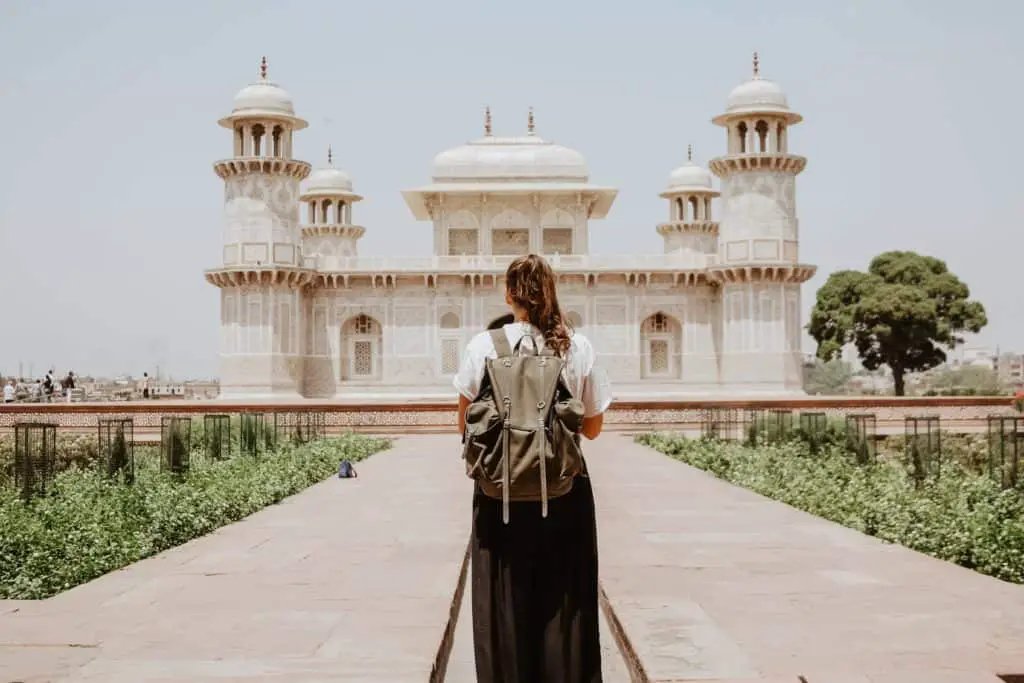
I often feel it’s better to be overdressed than underdressed. If you aren’t sure what’s appropriate, better to err on the side of caution. This led me to wear pants and a jacket when I first set out on my scooter in Bali, while most of the other foreign ladies were darting around in essentially a bra and shorts. It won me a lot of respect and new local friends. And once I had a better sense of the lay of the land, I started dressing less conservatively in touristy areas.
Observe and follow

Whenever you’re somewhere new, of course there’s no way you could know all of the cultural norms and traditions—or how to respect them, even if you did your homework and read about the country beforehand.
If you want to be respectful of the local culture (and if you’re reading this, I’m assuming you do), just look around.
Are people taking off their shoes before they go inside? Are you the only person in a tank top, while everyone else is wearing jackets?
Just by observing locals around you, you can easily pick up on a lot of valuable cues. I’m not saying you have to follow every single one. I often will go full-tourist at the beach, but cover up if I’m going outside a vicinity where there are a lot of foreigners.
Make an effort

Most of the time, it really is the thought that counts. People can feel when you’re being genuine. So try.
Try and learn a few words of the local language. I always start by learning a greeting and “thank you” – that way I can at least begin and end any interaction with locals by addressing them in their native tongue. Whenever I’m abroad and someone says “I’m sorry, my English is not very good,” I respond with, “well I don’t speak any [insert local language here], so I’m sorry!”
Try and pronounce locals’ names correctly – even if you have to practice a few times. Show them you care enough to try and pronounce it correctly.
You won’t do everything right. It’s ok. If you realize you accidentally disrespected a local tradition, a genuine and heartfelt apology will go a long way.
Make local and expat friends

Seek out local friends if you can—and not just to grill them for hidden gems, but to genuinely get to know them and learn about their culture. It can be hard to break through this barrier, but it’s so, so worthwhile.
In East Java I stayed at a lovely hostel in Malang for a few days, and one of the staff was kind enough to invite me to a wedding with her!
Making friends with expats and folks who’ve lived where you are for a long time is also a great way to get at meeting more local people and getting a better understanding of the culture. If they’ve been there longer, they can probably introduce you to some locals, and tell you a good bit about the country themselves.
As a returned Peace Corps Volunteer, when I’m in a country with Peace Corps Volunteers, I make an effort to meet up with local volunteers if I can and treat them to a meal. I did this in Banyuwangi and it resulted in one of the best meals of my life – and I learned a ton about Indonesia.
Read More: A Guide on Meeting People: Digital Nomad EditionBe a responsible consumer

When traveling sometimes you want to just do what’s easiest. Remember that your wallet has power. How and where you choose to spend your dollars (or whatever currency you’re spending!) is an endorsement, and it creates demand.
Seek out locally-run establishments rather than foreign-owned ones. Ask for non-plastic straws and sustainable take out containers.
Consider how your travel impacts the environment. You can travel more slowly and over land and sea instead of always flying. If flying, consider carbon-offsetting your flights.
Read More: Confessions of an Eco-Minded Digital NomadIt’s about the journey
Please be a traveler, not a tourist. Try new things, meet new people, and look beyond what’s right in front of you. Those are the keys to understanding this amazing world we live in.
Andrew Zimmern
Traveling to new places and meeting new people unlocks wondrous experiences and new perspective. So be open. Try the local way of doing things. The more respectful you are, the more likely you’ll get to have unique experiences that other tourists don’t.
Travel isn’t just about seeing things and places. It’s about the people you meet and the times you have with them. It’s about the journey.


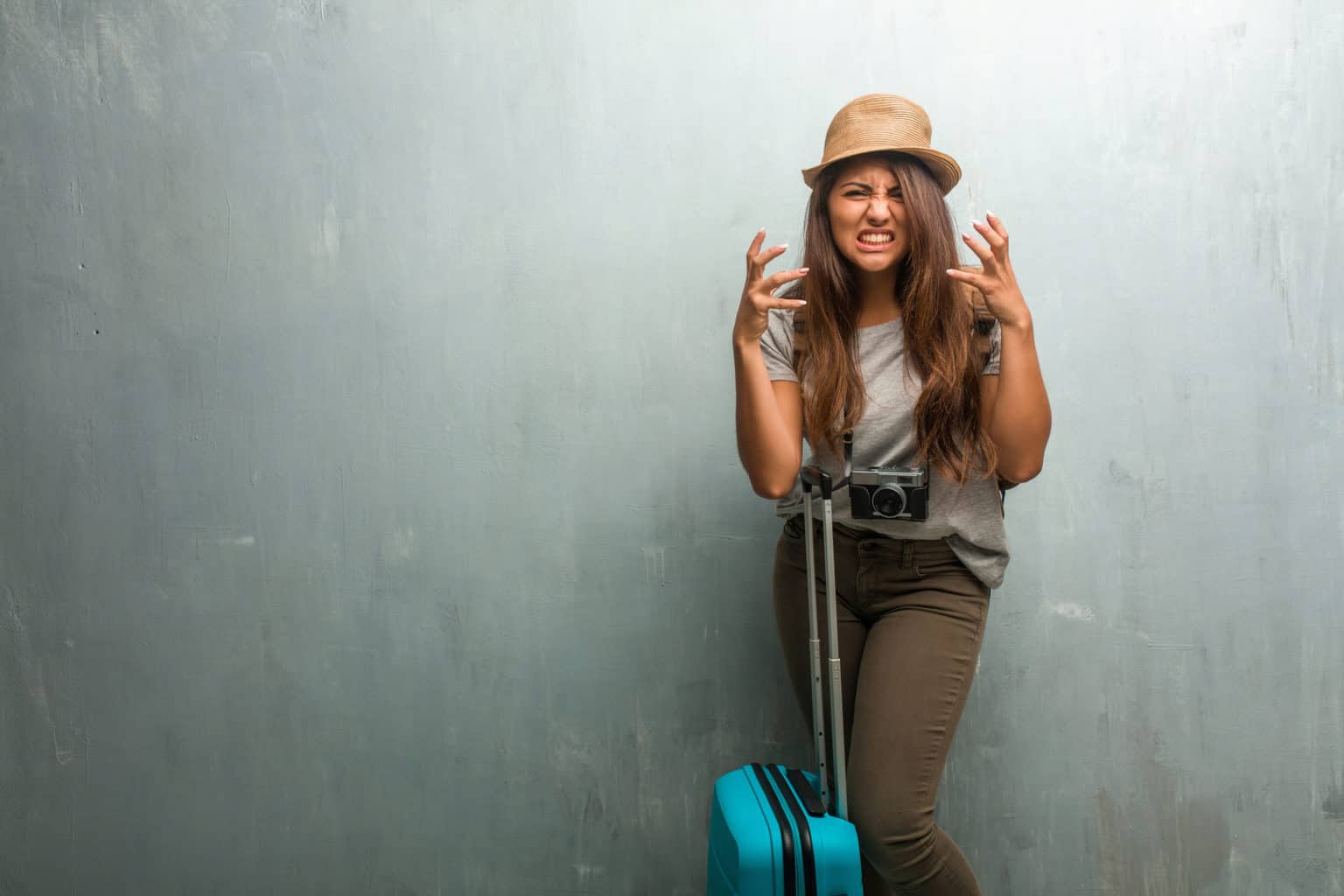

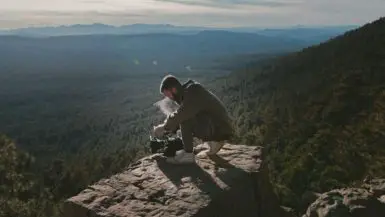


Leave a reply